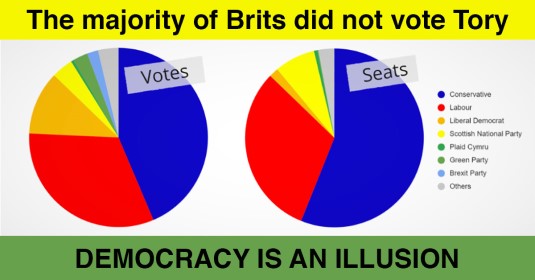Labour and Progressive Coalitions

Two penneth worth concerning Jem Gilbert's piece on Labourism. Jem takes aim at what you might otherwise call Labour's sectarianism: the idea Labour is the sole means of achieving progressive social change in this country, with the trade unions and affiliated societies as adjuncts, and other movements kept at arm's length. He argues that Corbynism was a step away from traditional Labourism with its re-emphasis on community building, supporting campaigning and struggle and, yes, standing with workers on picket lines. But it was only a step. The supremacy of the Labour Party as the parliamentary vehicle for change went fundamentally unchallenged. However, this will no longer do. The opposition to the Tories is split and, as this election has demonstrated again, a Labour victory is the exception not the rule. What we need to see is the democratisation of Labour to continue apace and, for once, a bit more modesty about the party's capacity to win elections. As Jem argues, "the fantasy of another 1945 ... has paralysed our politics for too long." Labour has to think seriously about progressive coalitions and leverage the actual anti-Tory majority in the country to deliver an anti-Tory majority in the Commons.
In the abstract, who can disagree? The problem comes with the practicalities. The Greens took some votes from Labour in this election, but didn't cost the party many seats. It's a much smaller outfit that is a contender in a vanishingly tiny number of constituencies and, given its recent remainia turn, helped make the EU wedge issue for detaching Labour voters. Of the nationalist parties, Plaid Cymru has embraced neoliberalism with Welsh characteristics just as Labour moved left and, fresh from clawing back all the seats lost to Labour in 2017, there is little incentive for the SNP to sign up for a progressive alliance. Nicola Sturgeon's 2015 rhetoric notwithstanding.
And then we have a Liberal Democrat problem. The problem with forging a progressive alliance with the LibDems is, well, they're not that progressive. Given the opportunity of government with the Tories they dived under the covers with alacrity, and enabled the worst attacks seen on the post-war settlement since John Major. And they helped pave the way fro Brexit too. At the recent election, instead of attacking the Tories as the greater danger they thought piling into Labour alongside Boris Johnson and parroting Tory attacks was the better bet. In short, at every juncture since Charles Kennedy stood down as leader in 2005, the LibDems have made the wrong call. If the next Labour leader was minded to arrange something with the yellow party, it would be against resistance within and without the parliamentary party. And who can blame any sceptic? There's nothing stopping the LibDems doing the dirty after benefiting from an electoral pact with Labour.
All That Is Solid ...
Look what A Very Public Sociologist melted into
No comments:
Post a Comment